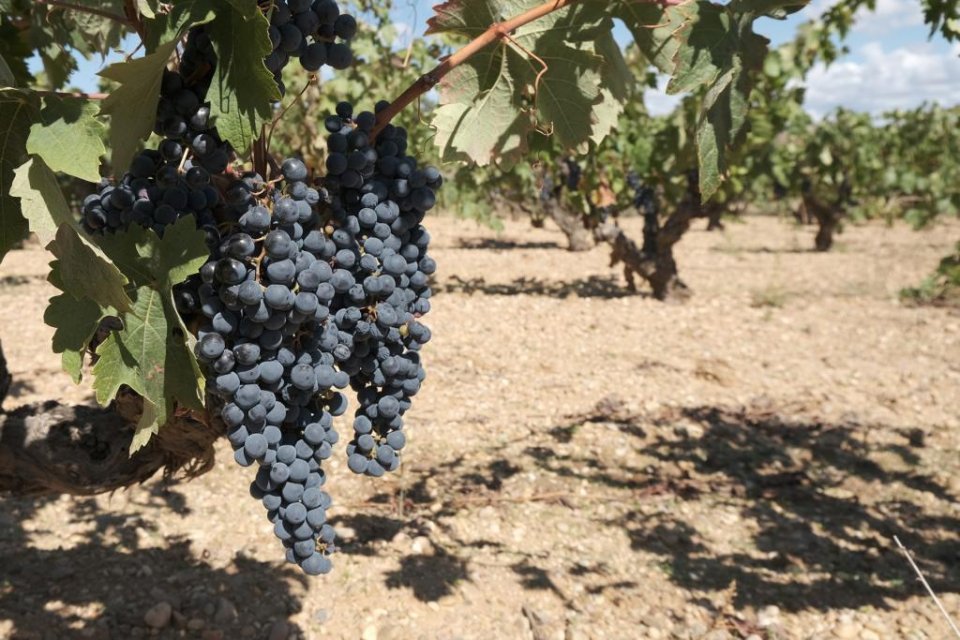Spain is a big wine-producing country. In terms of pure numbers, it’s got more hectares of vine than any other country in the world – close to one million at the last count. That means every year it can churn out about 44 million hectolitres of wine – that’s about 6,000 million bottles to you and me. But beyond the stats, what is it about Spain that makes it special?
Well, one of the key things is diversity.
First of all, there’s diversity of landscape. Spain is a very high country, with an average altitude of 600 metres above sea level. In fact, it’s second only to Switzerland in terms of Europe’s highest countries. If you travel around Spain, you’ll find grapes growing as high as 1,500 metres above sea level for example in the Canary Islands or right down at sea level in places like Galicia. That makes for a range of growing conditions.
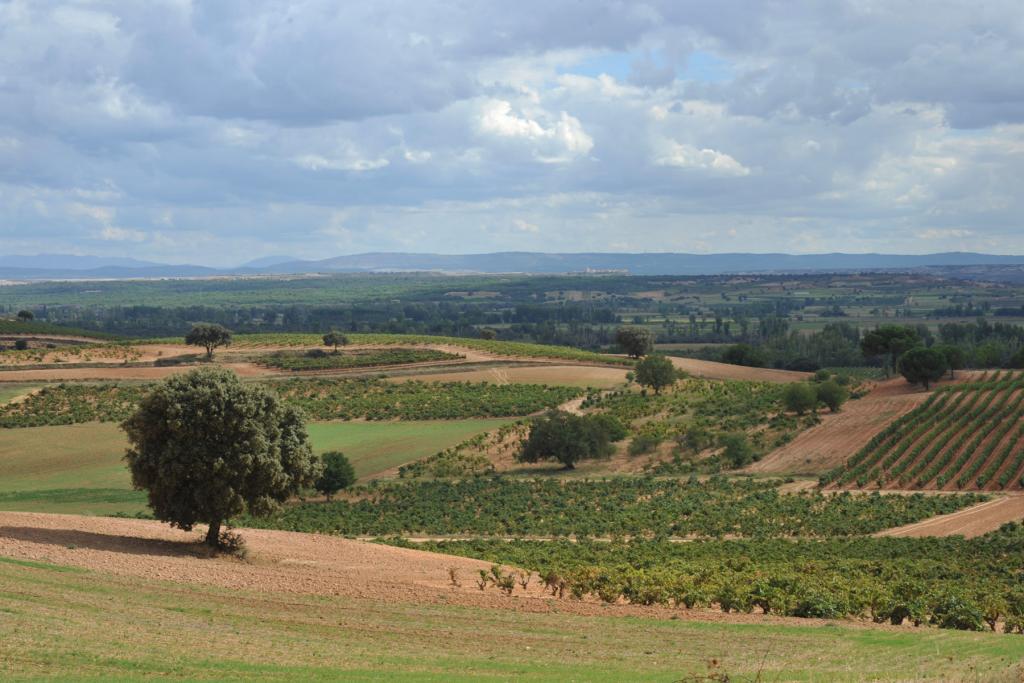
Up at altitude, the temperature drops. For winemakers, this can make for a longer ripening season which means the grapes have more time to develop all those lovely flavours and aromas. That in turn leads to wines that tend to be more complex and full of personality. The altitude also means that at night it gets colder, which encourages grapes to rest and lock in that all important acidity. This again leads to fresher wines but can also help produce wines that are great for ageing – like in Ribera del Duero.
Meanwhile, down in Spain’s lower-lying vineyards, you tend to get higher, steadier temperatures and less fluctuation. This leads to grapes ripening more quickly and more of the naturally-occurring sugars turning to alcohol. So in the lower-lying areas, you can expect wines which are perhaps a little higher in alcohol and with more pronounced riper fruit flavours.
Altitude is closely linked with climate, and here again Spain has tremendous variety. From the Mediterranean climate on the eastern seaboard to the Continental climate in the interior characterised by hot summers and cold, quite harsh winters, through to the more maritime Atlantic climate of, say, much of Galicia.
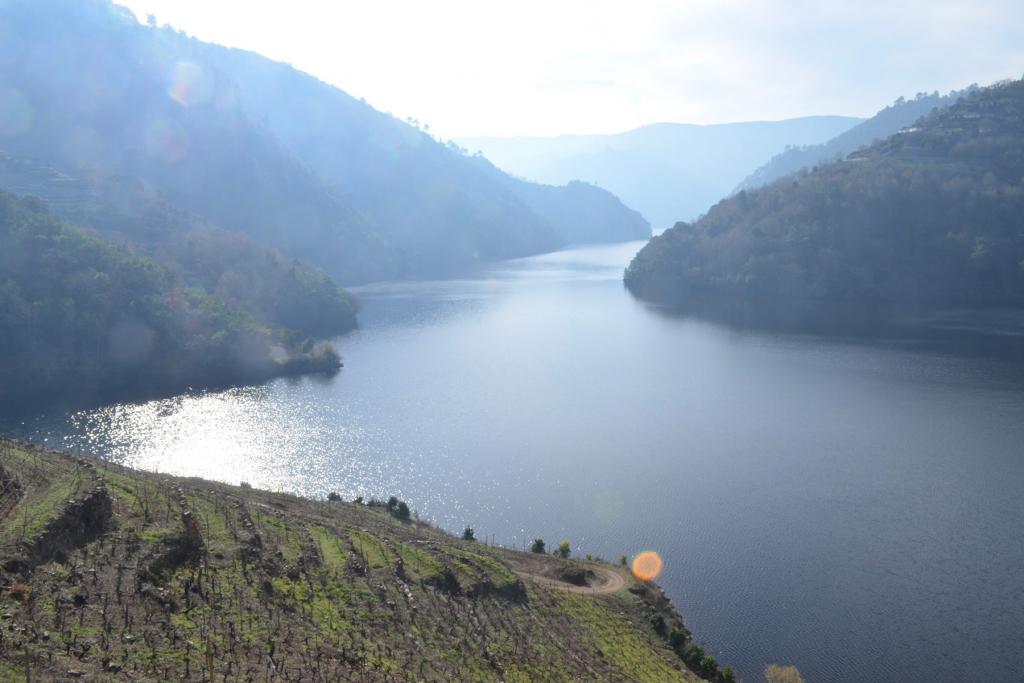
The Spanish wine scene is also a remarkably diverse place in terms of its people. One really interesting thing to note is the number of younger people who are coming into the sector and making some really interesting and original wines. Often, they’re people who have rejected a more traditional urban career and chosen to go back to their rural roots. They’re taking over vineyards that perhaps their parents or even their grandparents used to farm; resuscitating or replanting vines and dusting down bodegas that may have been lying dormant for years.
A great example is Bodegas Cerrón in Jumilla (Murcia) in the south-east of Spain. It’s a project run by siblings Juanjo, Lucía and Carlos Cerdán, who have taken over the vineyards that were originally established by their great-grandparents. Here they use traditional organic and biodynamic methods that have been handed down through the generations and use them to produce wines that are as expressive of the local area and geography as possible.
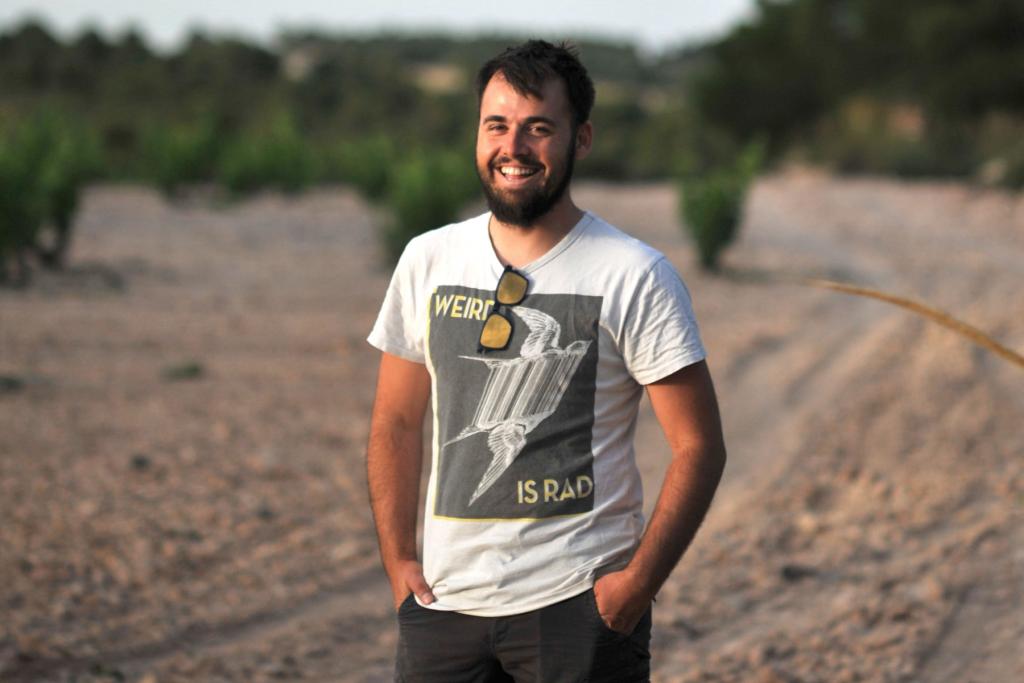
There are also some great women winemakers working in the Spanish wine scene, like Rosalía Molina at Altolandon. It’s true that they are still fighting against prejudice and stereotypes, working in a sector that has traditionally been dominated by men. But they are pushing themselves to the forefront in all areas, and in doing so are transforming the Spanish wine sector.
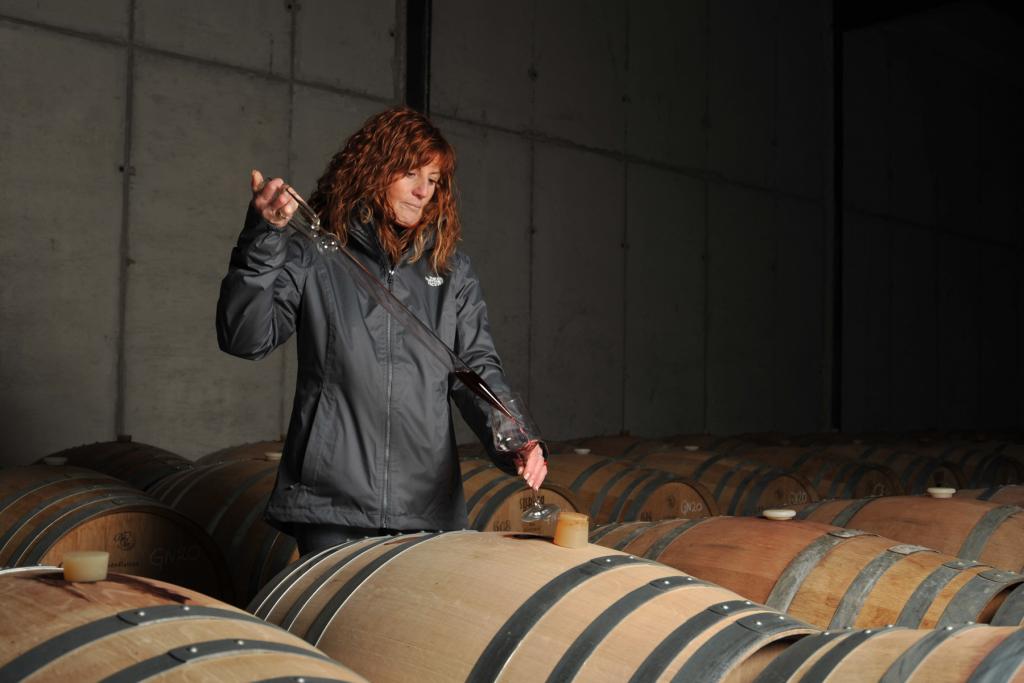
Between them, these new winemakers are really shaking up the Spanish wine scene. They are recovering ancient vineyards and reviving native grape varieties. They are experimenting with new winemaking techniques in the pursuit of fresher, more complex wines. They are going back to old fermentation vessels like concrete eggs or clay amphora instead of the more common oak barrel. And they are taking a more sustainable approach, with a strong and growing focus on organic wines or biodynamic wines, which respect the local ecosystem.
In fact, if you were looking for the personification of the modern Spanish wine scene, Rosalía would probably be it. Firmly established as a leading winemaker in what was once a male-dominated world, Rosalía is working at altitude with local grapes like Bobal, alongside more ‘international’ varieties like Chardonnay, to produce delicious, fresh, drinkable wines that are 100% organic (and even vegan).
Yes, Spain really is a country that can offer wines of all types. You have fresh crisp dry whites from the northern reaches of Galicia, and more complex and aromatic whites from the deep south of Andalusia. You have fresh and fruit forward reds in the south-east and perfumed ethereal reds from the north-west. Herbal and floral whites from the Mediterranean, deep full-bodied reds from the heart of Rioja and Ribera del Duero. And everywhere you look you’ll find exceptional value for money – wines made with care and attention in small, innovative vineyards that beat supermarket wines hands down without costing a small fortune.
When it comes to wine, Spain truly is a country of diversity and opportunity. I highly recommend you get out there and start exploring.
Matthew Desoutter is a wine writer and owner of Simply Spanish Wine.
Sign up for the FREE Weekly Newsletter from Spain in English.
Please support Spain in English with a donation.
Click here to get your business activity or services listed on our DIRECTORY.
Click here for further details on how to ADVERTISE with us.

